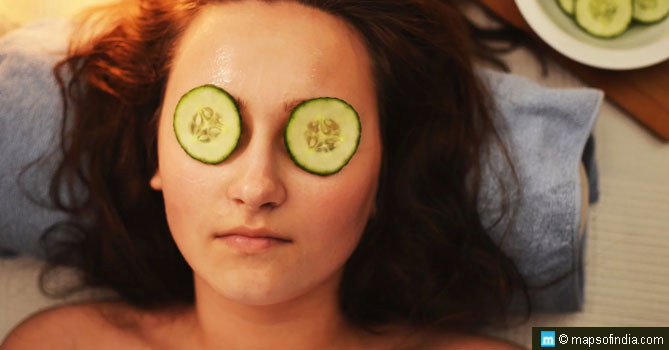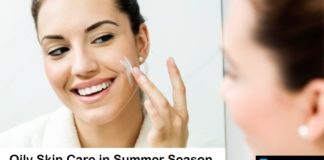Acne is a skin condition in which small bumps occur on the infected skin. Acne is of many types. The most common two are called blackheads and whiteheads.
It is a common skin condition among teenagers that can last well until adulthood for some. Getting hormonal pimples now and then is okay and even a sign of a healthy immune system. If you’re facing this problem regularly, you probably have acne.
Acne can be painful in some cases. It is damaging to a growing teenager’s self-esteem and cause emotional distress and insecurities about your face.
Causes of acne
Acne occurs due to blockages in the pores present in your skin. It can be because of oil build-up, dirt, dead skin or bacterial infections. The skin’s pores release an oil called sebum that keeps your skin soft. Excess sebum production can lead to blocking of the pores.
Hormonal changes during puberty are another leading reason behind acne. Most teenagers go through a bad phase of acne that usually clears up in the early twenties.
Being on medication for certain illnesses can also cause breakouts. Your dietary habits play a huge role in breakouts, eating a diet high in sugar or carbohydrate content such as bread, chips, or fried foods can cause acne. Acne can also be hereditary.
Wearing too much makeup such as foundation or concealer inhibits your skin from being able to breathe properly and causes buildup in your pores. Bacteria can infect these pores and result in acne.
Treatments for acne
Most acne can be controlled by changing your routine or some simple skin-care tips.
Use a gentle face wash that is specified designed for acne-prone skin. Find one that works for your skin type. Wash your face every morning and night to remove all the dirt and oil accumulated throughout the day.
Try to keep your hands away from your face. Your hands touch several surfaces throughout the day and can have bacteria on them, touching your face with dirty hands will transfer this dirt and acne-causing bacteria. Always wash your hands before eating and touch your face with clean hands.
Don’t use make-up every day. Try to find make-up that is suitable for acne-prone skin. Use water-based products instead of oil-based ones. Remove your makeup every night before you sleep so that you don’t clog your pores.
Check your diet, notice what foods trigger your acne and avoid those. Eating clean Greene vegetables and avoiding junk food is the easiest and overall best way to avoid acne.
If your acne continues, reach out to a dermatologist. Use medication prescribed by your doctor to help with your acne.
You can apply creams or face washes with anti-acne ingredients like salicylic acid, benzoyl peroxidase etc.
Acne can cause insecurities and emotional stress for people. Try to incorporate a better and cleaner routine for yourself. Use creams made for acne-prone skin.





